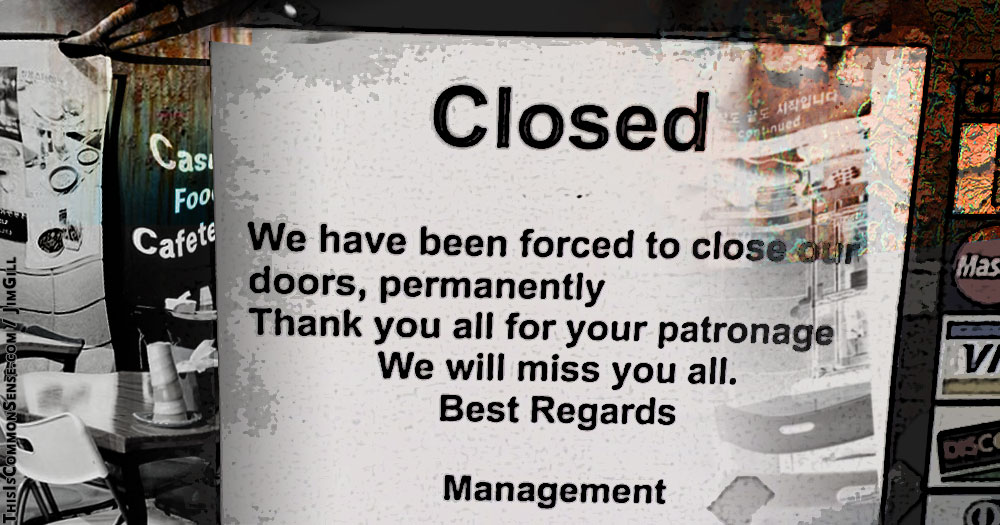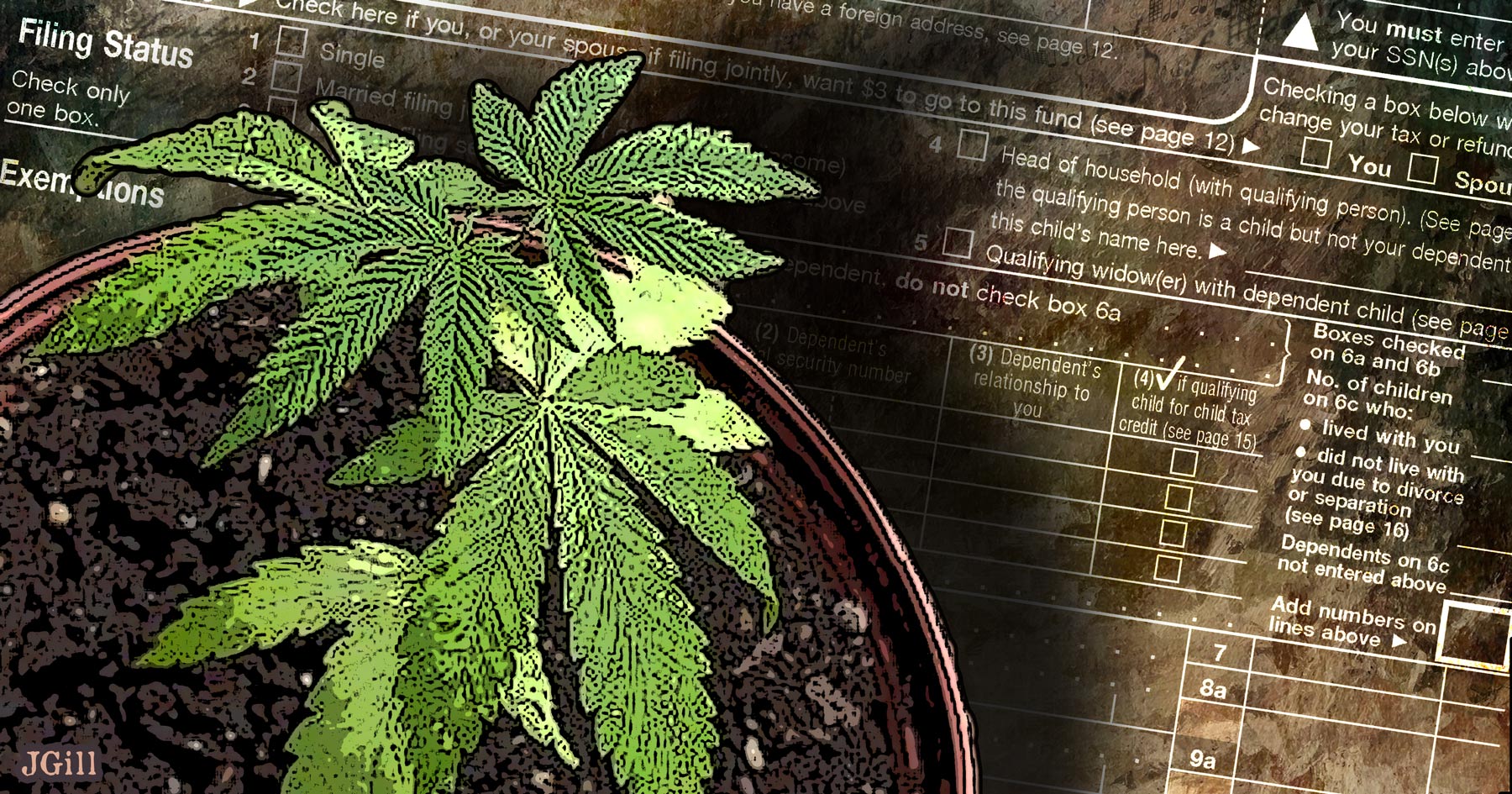Should you let your son suffer, perhaps even die, if the medicine he needs — the only medicine that helps — is illegal to administer?
The question answers itself. It’s the answer that Matthew and Suzeanna Brill acted on when they let their 15-year-old son David smoke marijuana to help control his epileptic seizures. Nothing else was doing the job.
“For 71 days our son rode his bike, woke up, went to school, played with friends, played outside; and the terror for his life that gripped our hearts and souls began to lift,” says Suzeanna. “We were breaking the law. We saved our son.”
But because the Brills did what they did — and because a thoughtless therapist tattled on them — Georgia’s Family and Children Services took David away, with the help of the sheriff’s office of Twiggs County. So David has been living in a group home, forcibly separated from his parents and presumably from any effective treatment for his life-threatening seizures.
“Whatever the law is, it’s my job to enforce it,” says Sheriff Darren Mitchum in rationalizing his deplorable conduct. (Whatever the law is?) After all, “somebody’s got to stand up for the child’s welfare.” Because, as everyone knows, preventing destructive seizures could not possibly be in the best interest of the person suffering from those seizures … right?
Fighting to get their son back, the Brills are raising money for the legal costs through a GoFundMe campaign.
Let’s help them succeed. Fast.
This is Common Sense. I’m Paul Jacob.









